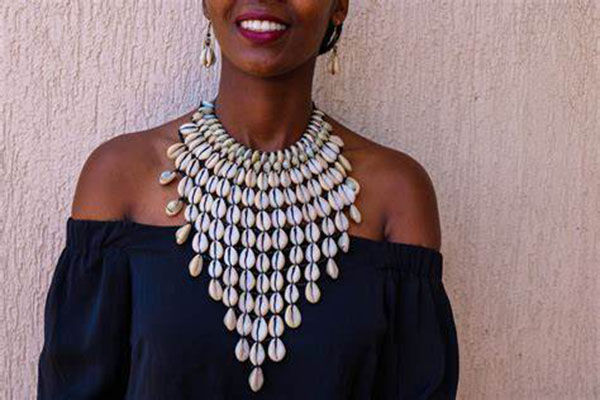African jewelry has a long and rich history, with many different cultures and traditions contributing to the vast array of styles and techniques that are used today. From beaded necklaces and bracelets to intricate gold and silver pieces, African jewelry is known for its unique and striking designs. In recent years, there has been an increasing demand for African jewelry, both in Africa and around the world. But is wholesale African jewelry a niche market? In this blog post, we’ll explore the current state of the African jewelry market and the challenges and opportunities that wholesale buyers may face when entering this market.
History of African Jewelry
African jewelry has a long and storied history, with many different cultures and traditions contributing to the diverse array of styles and techniques used today. In many African cultures, jewelry has always played an important role, both as a form of personal adornment and as a way to communicate social status and cultural identity.
One of the most distinctive features of African jewelry is the use of traditional techniques, such as hand-beading and metalworking. These techniques have been passed down from generation to generation, and many African jewelers continue to use them today. African jewelry is also known for its use of natural materials, such as wood, bone, and shell, which are often incorporated into designs in a way that reflects the cultural and natural surroundings of the region in which they are made.
The Current State of the African Jewelry Market
The African jewelry market is vast and diverse, with many different countries and regions contributing to the overall market. According to a recent report by the World Trade Organization (WTO), the African jewelry market is valued at over $3 billion, and it is expected to continue growing in the coming years.
There is a wide range of African jewelry styles and designs available today, from traditional pieces that are handcrafted using traditional techniques to more modern and trendy designs that incorporate new materials and technologies. Some of the most popular types of African jewelry include beaded necklaces and bracelets, gold and silver pieces, and earrings and rings.
The Appeal of African Jewelry to Wholesale Buyers
One of the main reasons that wholesale buyers are attracted to African jewelry is its unique and striking designs. African jewelry is known for its use of vibrant colors and intricate patterns, which make it stand out from other types of jewelry. Additionally, the use of traditional techniques and natural materials gives African jewelry a sense of authenticity and cultural significance that is highly prized by many buyers.
Another reason that African jewelry is appealing to wholesale buyers is the growing demand for this type of jewelry in different parts of the world. In recent years, there has been an increasing interest in African culture and fashion, which has led to a rise in the demand for African jewelry. This demand is particularly strong in regions such as North America, Europe, and Asia, where many people are seeking out unique and culturally significant pieces to add to their collections.
The Challenges of Entering the African Jewelry Wholesale Market
While there are many opportunities for wholesale buyers in the African jewelry market, there are also a number of challenges that must be overcome. One of the main challenges is the high level of competition in the market, with many different jewelers and retailers vying for a share of the market. This can make it difficult for new entrants to break into the market and establish themselves as credible and reliable sources of African jewelry.
Another challenge is the issue of supply chain management, as African jewelry is often made using traditional techniques and materials that can be difficult to source. This can lead to delays and supply chain disruptions, which can impact the ability of wholesale buyers to consistently and reliably access the products they need.
In addition to these logistical challenges, there are also cultural differences that can be a barrier to entry for wholesale buyers. Many African cultures have strong traditions and customs around jewelry-making, and it is important for wholesale buyers to understand and respect these traditions in order to be successful in the market. This may require a significant amount of research and cultural awareness on the part of the wholesale buyer.
Conclusion
Wholesale African jewelry can be considered a niche market due to its unique and distinctive designs, growing demand in different parts of the world, and the cultural and logistical challenges that wholesale buyers may face when entering this market. While there are certainly opportunities for success in the African jewelry market, it is important for wholesale buyers to thoroughly research the market and be aware of the potential challenges they may encounter. By understanding the history, culture, and current state of the African jewelry market, wholesale buyers can make informed decisions about whether this market is a good fit for their business.





